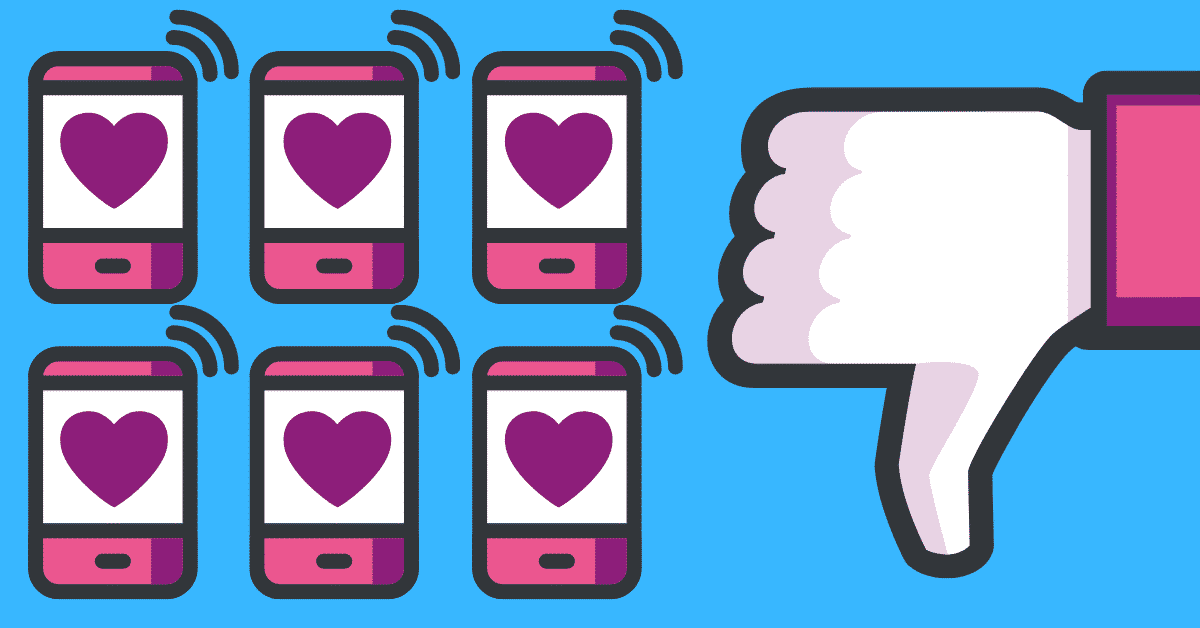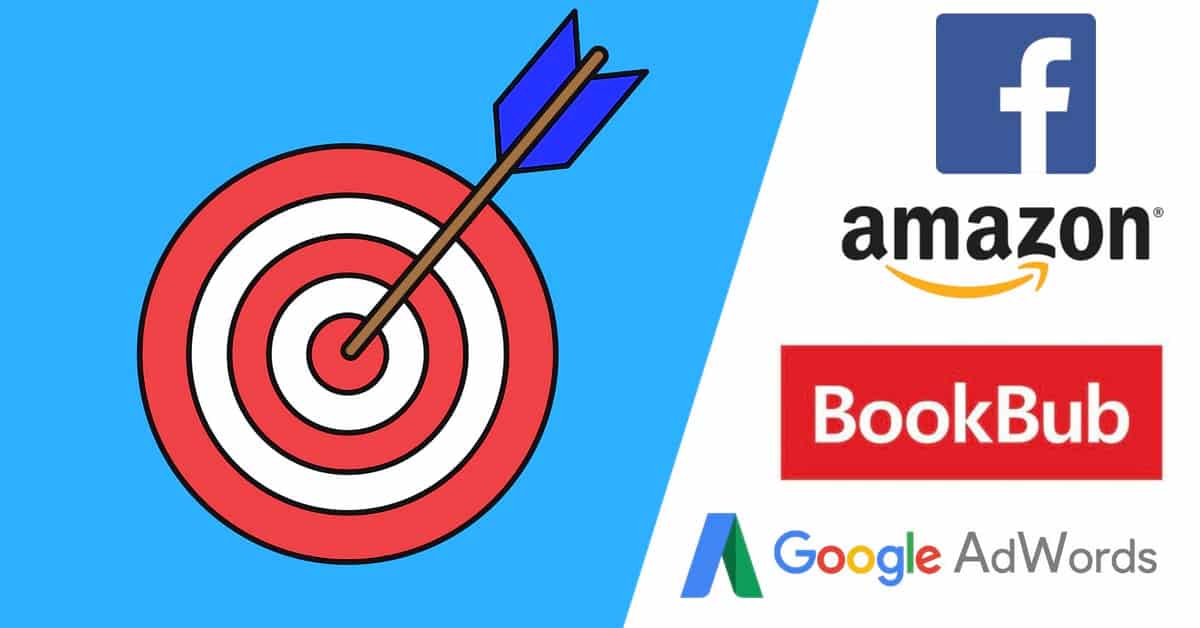
Facebook Engagement Bait and Shadow Bans
Websites try to keep your attention as long as possible, but the stakes are higher on Facebook where a drop in engagement can cost millions of dollars. Or FACEBOOK as it now insists on calling itself, like a shouty man outside a pub.
Content which keeps people on Facebook – like video or pictures – gets much more organic reach than content which sends people away, such as a link to your books on Amazon. Not only that, Facebook will also give preference to content which is genuinely engaging.
Please note the emphasis.
Facebook doesn’t have an army of humans sifting through the billions of pieces of content on Facebook and giving a gold star to the best of it – AI does the heavy lifting here. The way the system measures engagement is necessarily crude: what is getting Likes, comments, and shares?
In simple terms, people want engaging content and Facebook wants to show them content with high engagement, so if you can post content which triggers good engagement levels, then that content will get much more visibility.
And visibility can be worth a lot of money, of course. Read More…

Granular Targeting Explained
I’m pretty experienced with digital advertising at this point but when I got my interview for Google AdWords back in 2003 I had to… Google it to figure out what they did. And I still got it wrong!
I was quite lucky that I first interviewed with Overture (the former name of the digital advertising division of Google’s one-time rival, Yahoo) because I had absolutely no idea how these kind of ad platforms worked, let alone best practices. But I learned fast—Google’s training was excellent.
One thing that was drilled into us constantly was the importance of granular targeting. It might be a little more obvious in 2018, but back then the only really familiar advertising model was the broadcast one. Put your message in giant letters on the billboard. Flood the airwaves with ad spots. Take out full page ads in newspapers and magazines (for the kids: these are paper versions of websites that used to be popular). The basic strategy was a simple, brute force one; if the signal is strong enough, the right people will hear it. Read More…
^